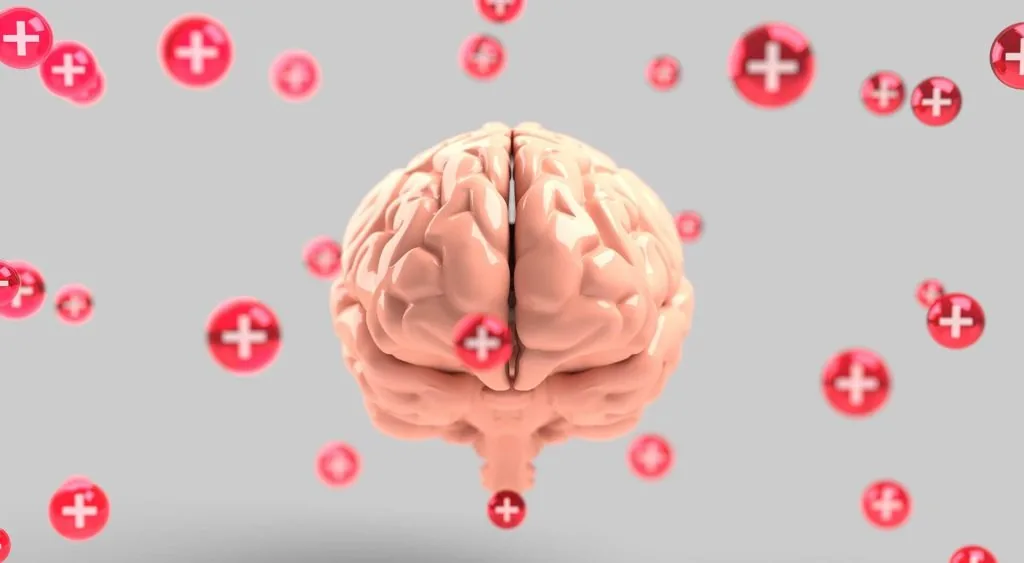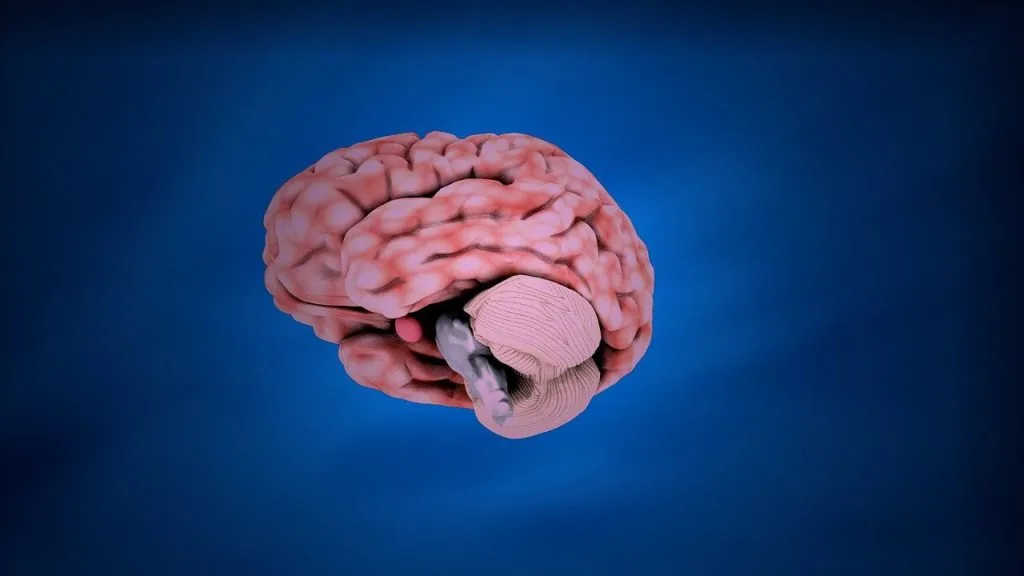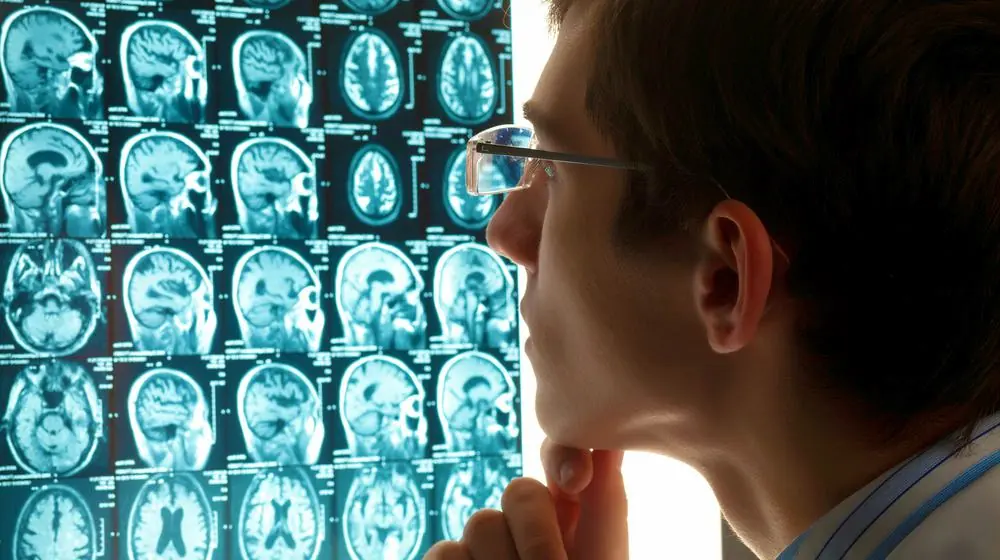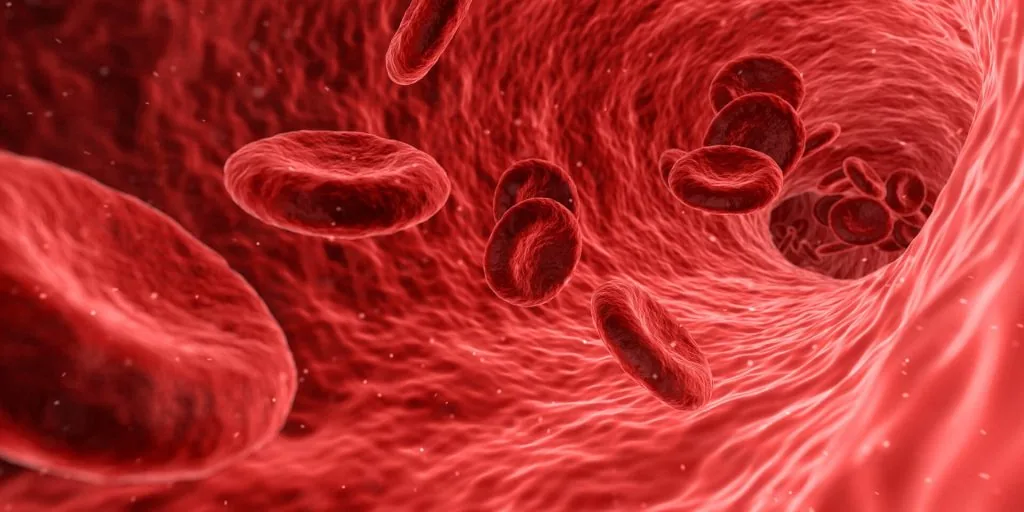Chronic Pain After a Traumatic Brain Injury
Chronic Pain After a Traumatic Brain Injury Many people could suffer from chronic pain after a traumatic brain injury incident. Despite the research that has…

Chronic Pain After a Traumatic Brain Injury Many people could suffer from chronic pain after a traumatic brain injury incident. Despite the research that has…

Treatment of Amnesia After a Traumatic Brain Injury Amnesia is one of the most common problems that could develop following a traumatic brain injury. Amnesia,…

Complications of Traumatic Brain Injury Surgery Traumatic accidents can lead to serious injuries, and perhaps none is more grave than a traumatic brain injury (TBI)….

Groups Most at Risk of a TBI Traumatic brain injuries are a significant cause of not only death but also serious injuries and lifelong complications….

Emotions Can Impact the Recovery Process Following a TBI Individuals’ injuries in a traumatic accident can range from mild to life-threatening; however, a traumatic brain…

Traumatic Brain Injuries in the U.S. Traumatic head and brain injuries are the most severe among the injuries an individual could suffer in a significant…

Traumatic Brain Injury and Loss of Consciousness Even though there have been great strides in the fields of diagnosis and treatment of head and brain…

Motivation After a Traumatic Brain Injury If an individual suffers a traumatic brain injury, this can cause drastic changes in his or her life. However,…

A Traumatic Brain Injury Can Lead to Aggression When people are involved in a car accident, one of the injuries that they could sustain is…

Traumatic Brain Injury Can Cause Blood Flow Change If an individual is involved in a traumatic accident, he or she could sustain a traumatic brain…

Traumatic Brain Injury and Cervical Spine Trauma In a serious car accident, a traumatic brain injury could be associated with trauma to the cervical spine….

Financial Considerations of a Traumatic Brain Injury The financial burden of a traumatic brain injury is substantial. Whether someone sustains this injury in an auto…

Traumatic Brain Injury and Sleep Disorders One of the most serious injuries that an individual might suffer in an accident is a traumatic brain injury…

The Psychiatric Sequelae of a Traumatic Brain Injury Many different complications can develop following a traumatic brain injury. One of the most severe complications is…

Intracranial Injuries with Head Trauma When people think about serious injuries, such as traumatic brain injuries, pictures of significant accidents with major impacts might come…

IQ Loss after a Traumatic Brain Injury Among the possible injuries that somebody could sustain in a motor vehicle accident, traumatic brain injuries (TBI) are the…